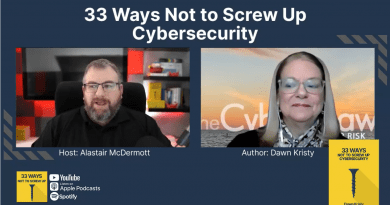Cyberattacks Impact Our Daily Lives
Let’s face it. Incentives make the world go around. If businesses and organizations lacked the incentive to get up to speed on cybersecurity awareness training, they now have one. Cyberattacks impacting our daily lives.
Colonial Pipeline
Colonial Pipeline was forced to shut down computer systems and operations after a ransomware attack in May.
We saw a fast and furious domino effect on gas supplies and prices, the event causing thousands of American gas stations to close while consumers in the Eastern US waited in long lines for gas at higher prices.
Colonial Pipeline paid a ransom of more than $4M in bitcoin to reopen.
JBS
JBS, America’s largest meat supplier in the US and worldwide, became the latest casualty of a cybersecurity attack, posing a threat to global food security.
During Memorial Day Weekend in American, all nine JBS facilities in the US were forced to shut down their computer networks after experiencing a ransomware attack.
As we enter peak season for meat demand, consumers are wondering if they can find or afford meat for their summer barbeques and July 4th celebrations.
We do not have reports about a ransom payment.
What is Ransomware?
Ransomware is a type of malware attack in which the attacker locks and encrypts the victim’s data and important files and then demands a ransom payment to unlock or decrypt the data. The entry point is often provided by someone clicking on a link or attachment in an email or text message.
Ransomware cyberattacks are lucrative and have become big business. Researchers anticipate a ransomware attack every 11 seconds and damage costs of around $20B by the end of 2021.
These recent attacks on critical infrastructure (pipeline) and supplies (meat) appear to focus on disruption in addition to money.
If the ransomware gangs are looking to disrupt daily life in America, and the rest of the world, then do we assume that after creating shortages of gasoline and meat, they will do the same with water, or electricity supplies?
What are the cyber or online security risks?
If a device is connected to the internet, it is a risk. If a human is using that device, it is a risk. If we fail to train people on how to be more secure online, then we risk mistakes that override cybersecurity programs that we have installed.
Where do we go from here?
Consumers drive the markets and the momentum. When consumers experience shortages in their daily lives, government and business leaders take notice.
While strategies to combat cybercrime are ramped up, we need to find a way to tamp down the threats.
It only takes one person to click on one link to release malware and disrupt the entire organization.
Awareness + Action = Results
Just as we emerge from the pandemic, new fears and concerns are raised about online security.
Winning here is more about the science of our mindset than it is about rocket science. We do not control what we do not understand. Online security risks must be understood and acted upon. We can do this.
We need cybersecurity awareness training now to help people understand how to act to prevent attacks.
Featured image (top): Moerschy at Pixabay




